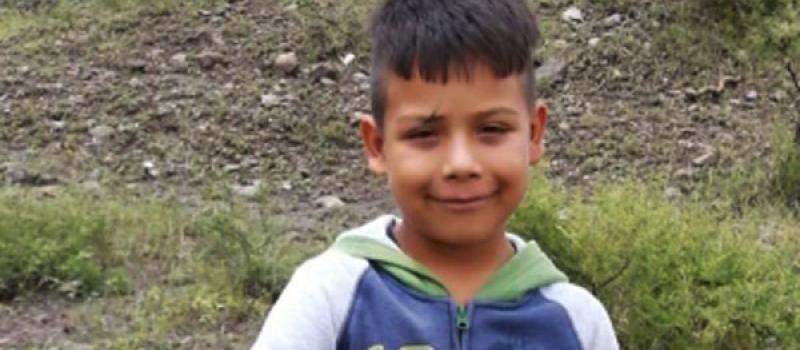
The future is today. Drought, forest fires and the loss of agricultural land due to the effects of climate change are forcing us to rethink the survival of humanity from a different perspective.
In this extreme situation, the Cuenca Sana-Comunidad Sana (Healthy Watershed-Healthy Community) project, which after concluding its first stage last December, benefiting more than 235 families in rural areas of San Miguel de Allende, now proposes something even more ambitious.
It is a five-year projection of the same model to benefit 15 communities facing a water crisis. The strategy is clear: integrated watershed management, collective work, self-management and the alignment of resources to stop soil loss (erosion and desertification processes), crop loss, health problems (due to deficient nutrition) and local economy, all of this aggravated by the global pandemic.
Agustín Madrigal, director of Salvemos el Río Laja, and Jalíl Aragón, socio-environmental promoter, tested this scheme in 8 communities during the past year. And because of the evident results achieved, Cuenca Sana-Comunidad Sana would be replicating the same pilot model for five years (see the three reports on the subject at: http://aguavidasma.org/) with an abundance of workshops on family economy, health care and the environment, as well as training for sustainable local agricultural production projects. Also, with the support of the local government and other civil society organizations, soil restoration and conservation, reforestation, installation of rainwater collection systems, creation of backyard, school and community gardens will be increased.
Five years from now, the generation of a remarkable transformation of the communities starting from a change of habits, to reach a self-managing culture, until achieving a new reality as a way of coexistence and survival can be foreseen.
The issue of family health is the detonator to achieve individual-family actions, thus committing the community as a whole. It is proposed that the involvement of participating families will increase, while the investment in the project decreases as self-management grows. In other words, if the initial investment in 2022 is 23 million 214 thousand pesos, by 2026 this would be reduced to 3 million 600 thousand pesos.
This implies involving -during the first year- 15 percent of the families mainly to encourage a change in habits. By 2024, a self-management culture would be promoted involving 45 percent of the families. By 2027 we could already speak of a sustainable community with 80 percent family participation, thus creating a new reality for the watershed.
This progressive transformation is the platform for water resilience in vulnerable communities in the Alta Río Laja sub-basin -of the Río Laja aquifer- between 2022 and 2027.
The process of overexploitation of the aquifer -there are more than 3,500 active wells- generates a depletion of the watershed of three to four meters per year. Thus, the natural recharge of the deep aquifer is beyond human scale. The short and medium term solution, proposed by Cuenca Sana-Comunidad Sana, is to achieve an improvement in the near-surface aquifers, sustainable access to water with alternative eco-technologies to the use of groundwater wells, as well as the urgent transformation of habits in the water culture in general, starting with the agricultural industry that consumes 85 percent of the water extracted from the subsoil.
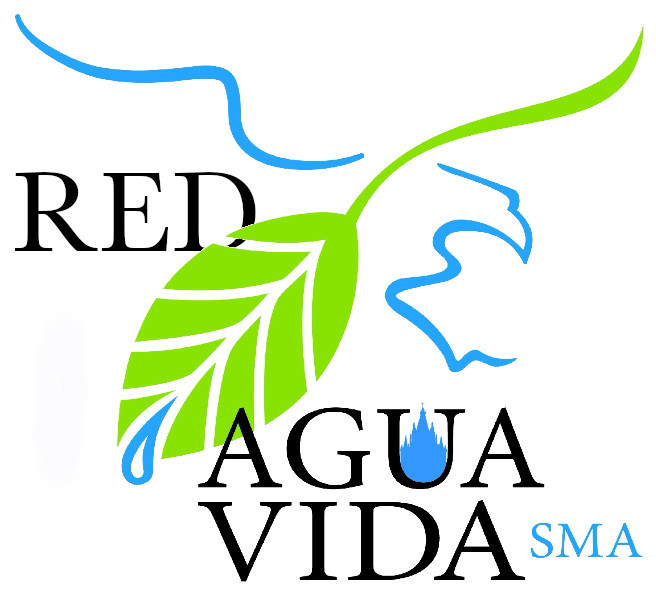
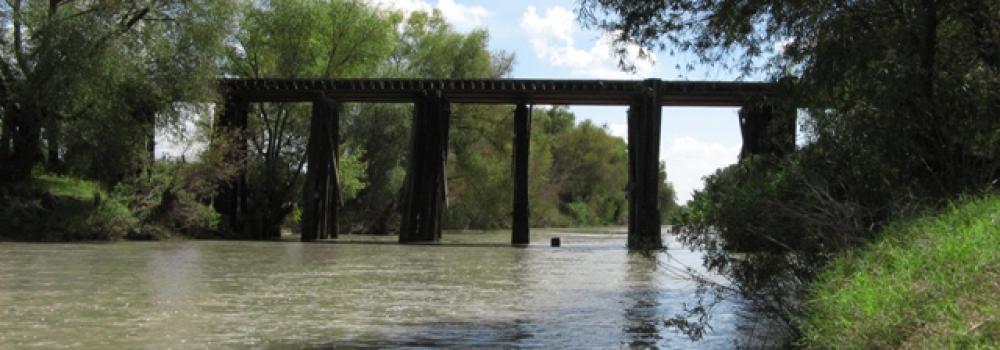
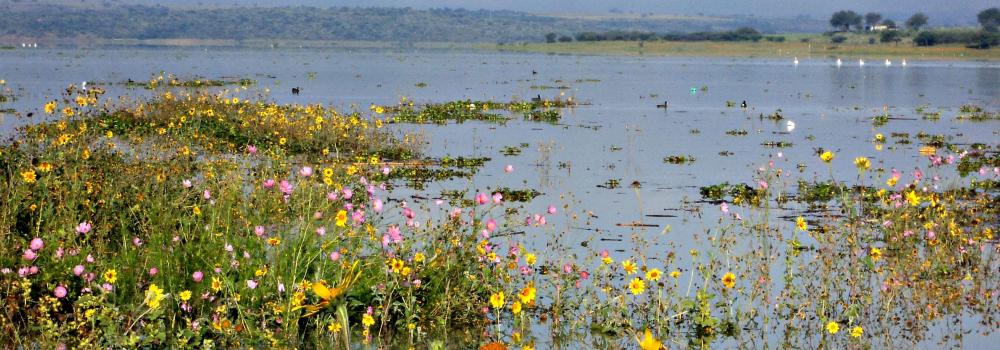

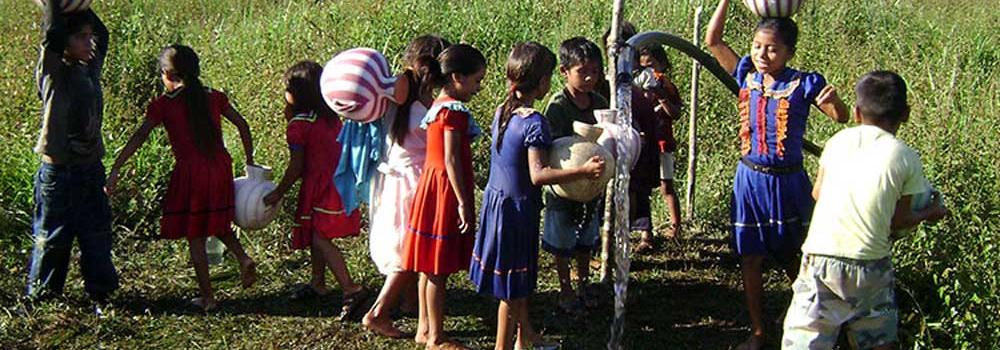
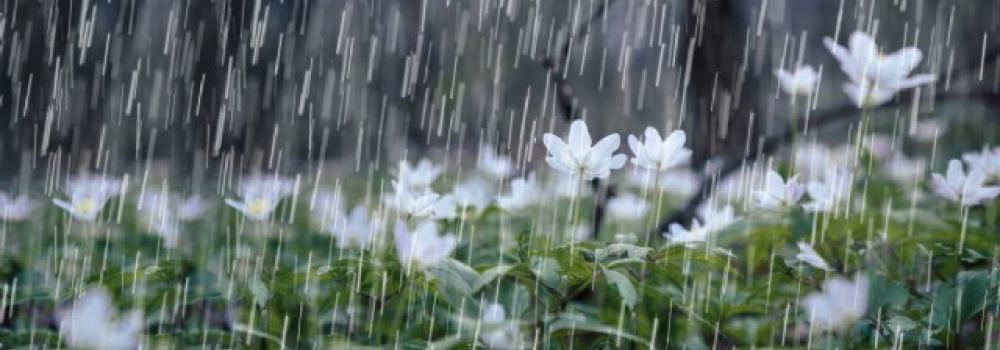
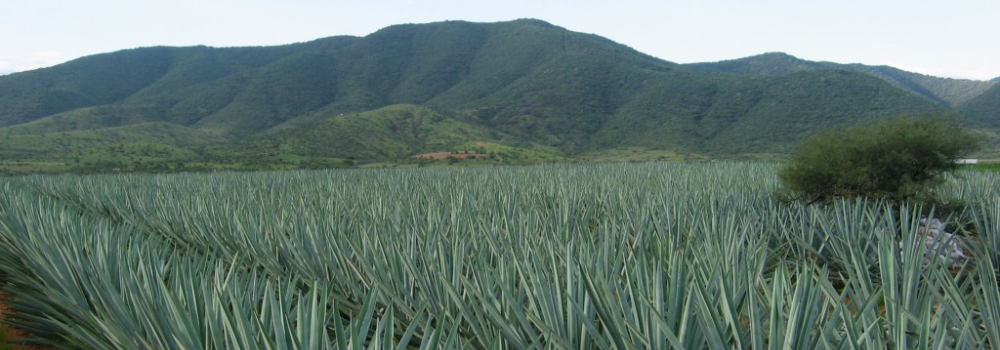

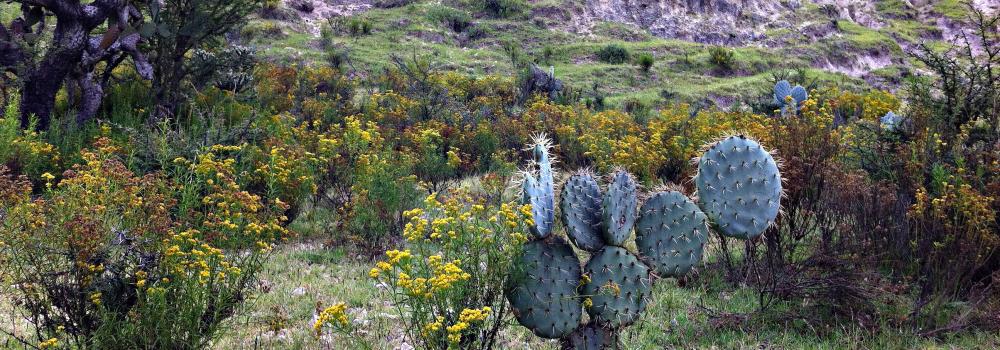
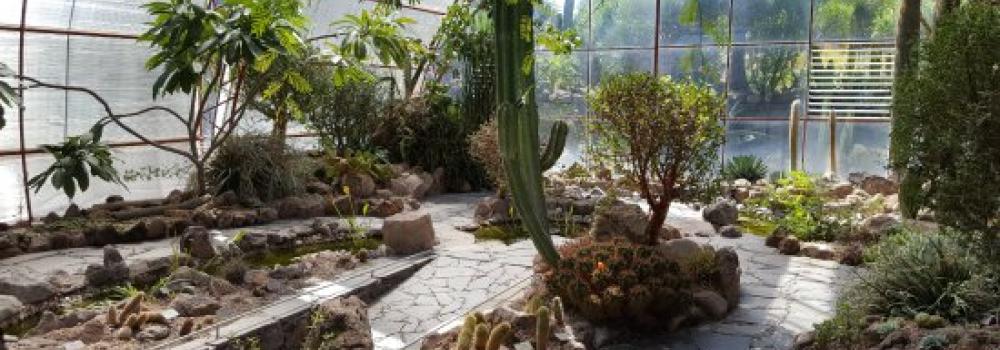
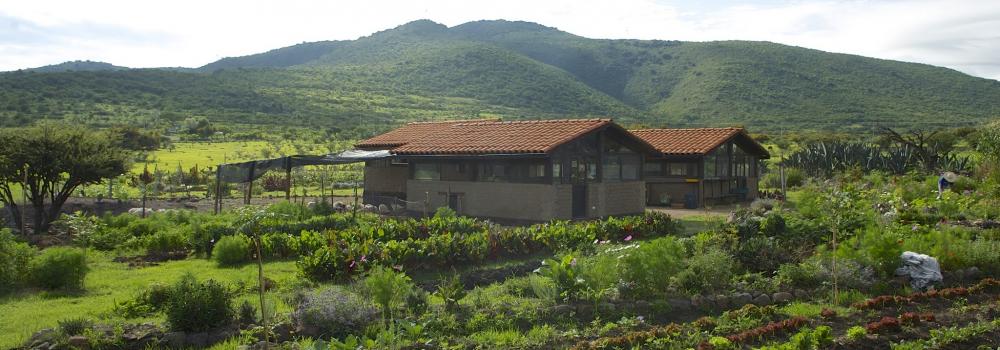
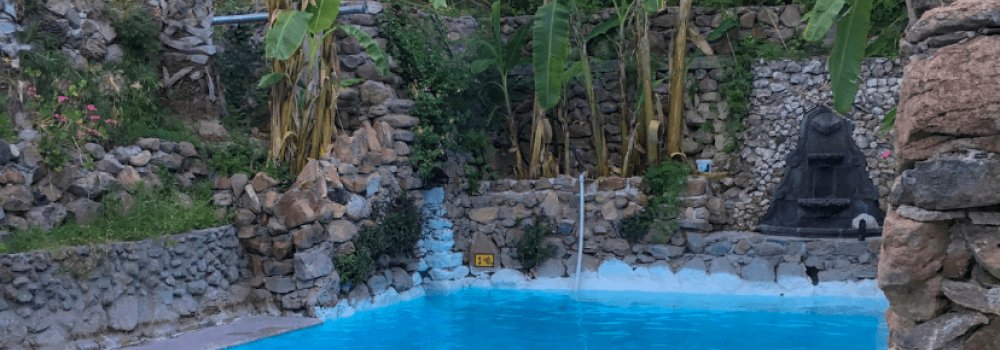
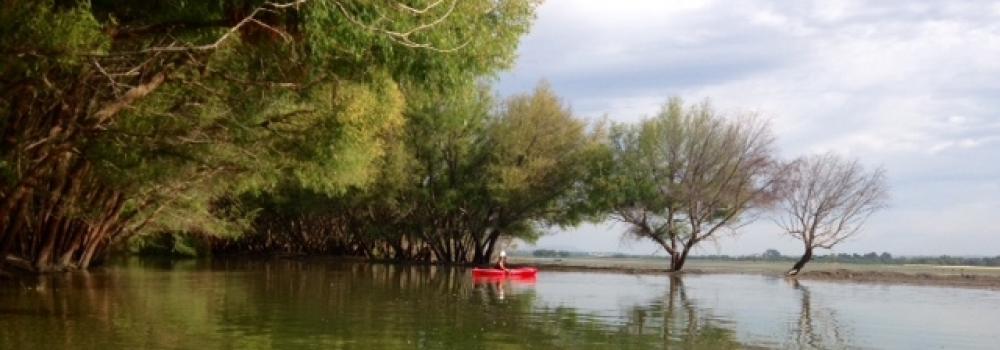
Add new comment